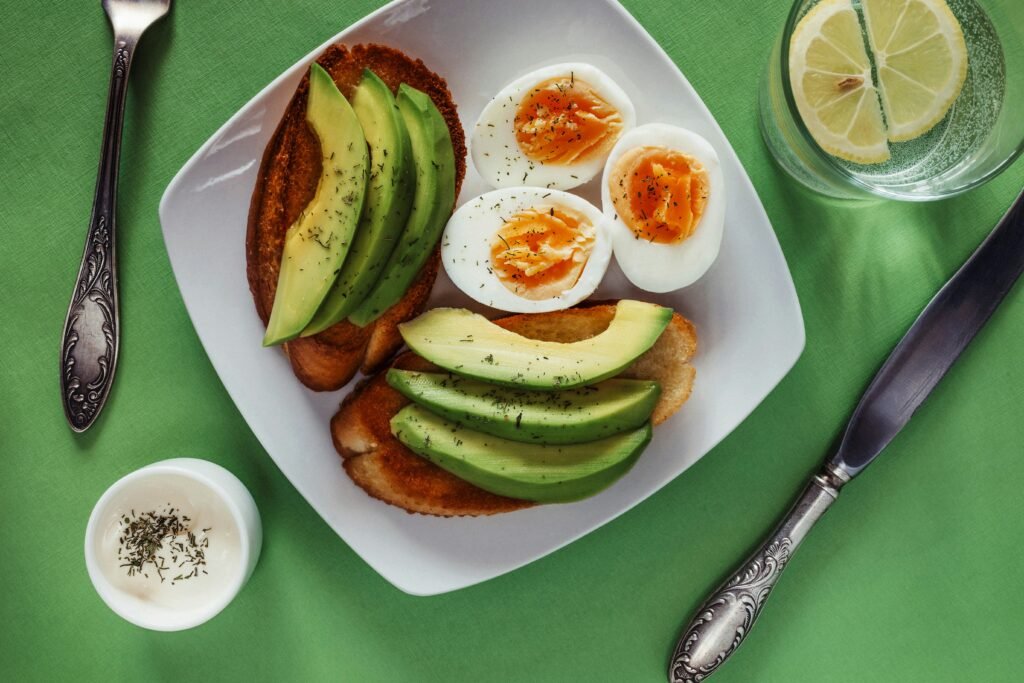Losing weight is a goal that many of us strive for, often influenced by health considerations, personal aesthetics, or lifestyle changes. While there’s no one-size-fits-all approach, certain dietary adjustments can significantly impact weight loss efforts. One of the most effective strategies involves avoiding specific foods that can hinder progress. Here’s a guide to understanding which foods to be avoided to lose weight.
1. Sugary Beverages
Sugary drinks like soda, sweetened teas, energy drinks, and even fruit juices are high in calories and low in nutritional value. These beverages can lead to weight gain and increased fat accumulation, particularly around the abdomen. They also contribute to insulin resistance and type 2 diabetes. Opt for water, herbal teas, or black coffee instead.

2. Fast Food
Fast food is convenient but often loaded with unhealthy fats, sugars, and excess calories. Regular consumption of fast food like Burger, Pizza etc. can lead to weight gain and other health issues. Preparing meals at home allows you to control ingredients and portions, contributing to healthier eating habits.
3. Fried Foods
Fried foods are calorie-dense and typically high in unhealthy fats because of too much oil- which can lead to weight gain and various health issues, such as heart disease. The frying process also often adds trans fats, which are particularly harmful. Opt for grilled, baked, steamed, or sautéed alternatives to enjoy similar dishes without the extra calories and fats.
4.Refined Carbohydrates
Refined carbs, such as white bread, pasta, pastries, and many cereals, lack fiber and essential nutrients. They cause rapid spikes in blood sugar and insulin levels, followed by a crash that can lead to increased hunger and overeating. Choose whole grains like oats, brown rice, and quinoa instead.
5. Sweets and Baked Goods
Cakes, cookies, pastries, and candies are high in sugars and fats, making them calorie bombs with little nutritional benefit. These foods can quickly sabotage weight loss efforts due to their high energy density and addictive properties. When craving something sweet, go for a piece of fruit or a small serving of dark chocolate.

6. High-Calorie Condiments
Condiments like mayonnaise, creamy dressings, and sugary sauces can add a significant number of calories to your meals without you even realizing it. These extras can quickly turn a healthy meal into a calorie-laden dish. Choose lower-calorie alternatives such as mustard, vinegar, or homemade vinaigrettes.
7. High-Sugar Cereals
Many breakfast cereals are marketed as healthy but are actually high in sugar and refined carbs. Starting your day with these cereals can cause an insulin spike and crash, leading to increased hunger and calorie intake throughout the day. Look for cereals with high fiber and low sugar content, or better yet, choose oatmeal with fresh fruit.
8. Ice Cream
While delicious, ice cream is high in sugar and fat, making it a calorie-dense treat that can easily derail your weight loss efforts. Occasional indulgence is okay, but for a healthier alternative, try frozen yogurt or blended frozen bananas for a creamy, sweet dessert.
9. Alcohol
Alcohol is high in empty calories and can lower inhibitions, leading to poor food choices and overeating. Additionally, the body prioritizes metabolizing alcohol over other nutrients, which can hinder fat burning. If you choose to drink, do so in moderation and opt for lower-calorie options like light beer or a glass of wine.

10. Processed Foods
Processed foods, including snacks, ready-to-eat meals, and packaged sweets, are often laden with unhealthy fats, sugars, and salt. These additives make the food highly palatable and easy to overconsume, leading to excess calorie intake. Stick to whole, unprocessed foods like fruits, vegetables, lean proteins, and whole grains.
Conclusion
Avoiding these foods can significantly boost your weight loss efforts. Instead, focus on a balanced diet rich in whole foods, lean proteins, healthy fats, and plenty of fruits and vegetables. Remember, successful weight loss is not just about cutting out certain foods but also about creating sustainable, healthy eating habits that you can maintain in the long term.




Pingback: Why Overweight Causes Diabetes - Fat Burn Faster 2x
Pingback: How Being Overweight Increases Cancer Risk - Fat Burn Faster 2x
Pingback: Which Diet Chart to Follow to Lose Weight? - Fat Burn Faster 2x